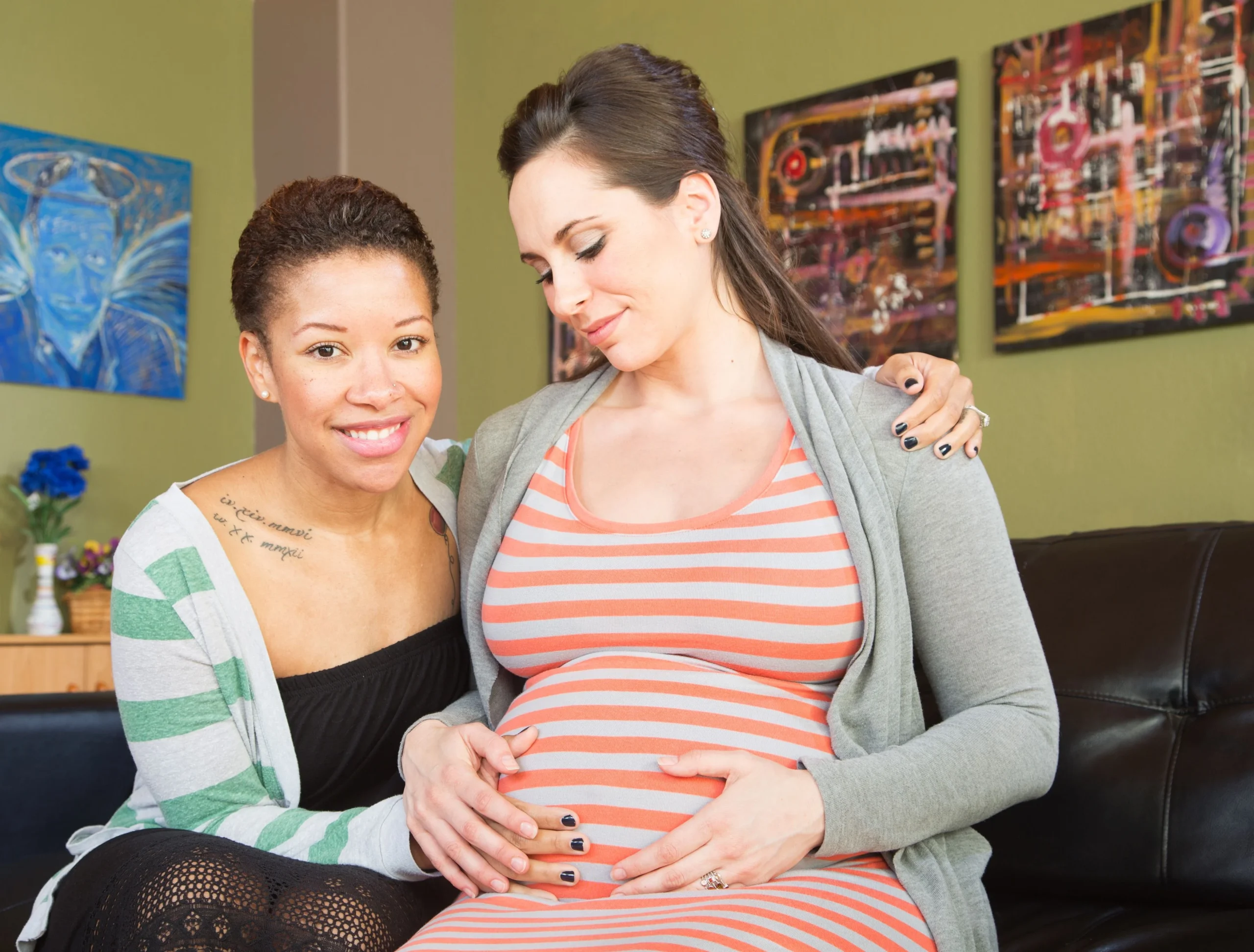Updated: August 1, 2016
Originally Published: December 1, 2015
Hello, everyone.
I want to share a personal story that highlights the impact of measles, even for those who never actually contracted the disease.
In late February 1960, my sister, a bright and vibrant fourth grader living in Rockland County, New York, caught measles from a classmate just down the street. This classmate’s case was one of many reported before the introduction of the measles vaccine in 1963. While most cases were uncomplicated, my sister’s experience was the exception. On March 1, she was diagnosed with measles encephalitis.
At just six years old, I grasped the seriousness of her condition. Even now, the mere mention of measles sends waves of emotion through me, especially in a time when vaccine hesitancy poses such a significant risk to public health.
After being rushed to the hospital, my sister fell into a coma. The prognosis was grim; one doctor even suggested my mother think of it as if she had been hit by a car. However, my mother remained steadfast, never leaving my sister’s side during those agonizing days. Meanwhile, I was sent to school and shuffled among neighbors until my father could come and take me home. He was trying to work while medical bills piled up, and our once lively home felt eerily empty.
Then, a miracle occurred. After five long weeks, my sister emerged from her coma. Hospital rules prevented me from visiting her, but my parents managed to bring her to a window so we could see each other. I still remember standing in that parking lot, watching her wave enthusiastically. That wild wave embodied her relentless spirit—a spirit she would need on the challenging road ahead.
Time felt slow at my young age. I don’t remember much about her return home, but it was around Easter, and I desperately wanted a pet rabbit. My aunt suggested a toy rabbit until my sister came home, to which I replied, “My sister is never coming home.” Little did I know how accurate that statement would be.
At first, life appeared normal. My mother was home, and my sister returned to school. But her personality had changed dramatically due to the encephalitis. She struggled to grasp concepts she once excelled in and became easily frustrated over trivial matters. My parents felt helpless, and the teachers offered little support. My sister became a complex medical case during a time when such challenges were not well understood.
Then came the day she “fell” on her way home from school. In truth, she had suffered her first of many grand mal seizures. The effects of the measles encephalitis began to manifest, disrupting her life and complicating her teenage years. She endured bullying, even before it became a widely discussed issue. Medications helped manage her seizures, but nothing could reverse the damage caused by the disease.
We traveled to a facility called Letchworth Village for brainwave tests, where she faced the EEG machine with remarkable bravery. However, despite our hopes for rehabilitation, we encountered defeat. She often expressed feelings of something missing in her brain, asking me to check for indentations on her skull—there were none, but those moments were haunting.
Measles encephalitis left my sister with permanent brain injuries. She has since struggled with learning, social interactions, anxiety, and anosognosia, which means she lacks awareness of her condition.
For decades, she has come in and out of our lives, strong yet lacking the necessary tools to navigate her challenges. She refuses assistance from social services, insisting there’s nothing wrong with her, which ironically highlights the very issue at hand.
Every day, I ponder how different our lives could have been if the measles vaccine had been available back then. What if she never caught measles? Would our sibling relationship resemble the loving bond my daughters share? Measles robbed us of the joys that should have defined our childhood—laughter, secrets, and dreams of the future.
Currently, I worry about her physical health. She falls often, likely due to her brain injury. My mother sought answers throughout her life, even returning to college for a degree in psychology before passing away a decade ago. My father, now memory-impaired, lives nearby but has outlived his resources and much of the anguish surrounding my sister’s condition. My husband and I support her as much as we can, but uncertainty looms about what will happen when we can no longer do so.
This is why I share my story. I want to reach out to parents who may hesitate about vaccinating their children. I hope to convey the importance of vaccination as a public health issue, one that should not be ignored. We owe it to future generations to prevent the devastation that measles can bring, as I have learned through my sister’s experience.
If you’re interested in more insights, check out this post that discusses other aspects of health and wellness. For those considering home insemination, Make a Mom offers excellent resources. And for a deeper dive into pregnancy options, Healthline is a fantastic source of information.
Summary:
Clara Jensen shares her sister’s harrowing experience with measles encephalitis, highlighting the importance of vaccination. The story explores the lasting impact on their family and the struggles faced due to the disease. Clara urges parents to vaccinate their children to prevent similar tragedies.
